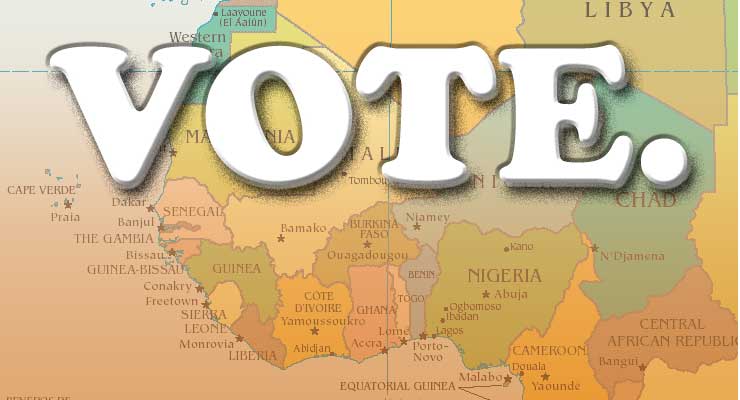 Election observation have somewhat become part and parcel of Africa’s election landscape. Many have critiqued the practice asking for its abolition. An article published by the Center for Democracy and Development dives into the future of election observation in Africa and makes a case for its continuation. Here is an excerpt:
Election observation have somewhat become part and parcel of Africa’s election landscape. Many have critiqued the practice asking for its abolition. An article published by the Center for Democracy and Development dives into the future of election observation in Africa and makes a case for its continuation. Here is an excerpt:
The core value of election observation lies in the recommendations offered in observer reports, which serve as the basis for post-election reforms and long-term strengthening of democracy. Observers also contribute by building confidence in democratic practices and in deterring irregularities, particularly in transition and post-conflict contexts. However recent court annulments of presidential elections in Kenya (2017) and Malawi (2019), that were initially deemed satisfactory by international and citizen observer groups, have led to questions about the credibility and relevance of their assessments.
A recent academic paper by Khabele Matlosa, described international election observation as ‘wounded’ and noted that the COVID-19 pandemic has added salt to this wound. Pandemic restrictions have prevented international groups from fully observing critical elections on the continent in the past year. As the electoral landscape in Africa continues to evolve, technical and political developments over the past decade, coupled with the new reality of the COVID-19 pandemic, call for a shift in the focus and practices of election observation.
Observers are still needed within the African context, but election observation has reached an inflection point where its relevance and credibility are dependent on a review of the methodological approach used and enhanced collaboration between domestic, regional and international actors.
Read the full story here.
Leave a Reply